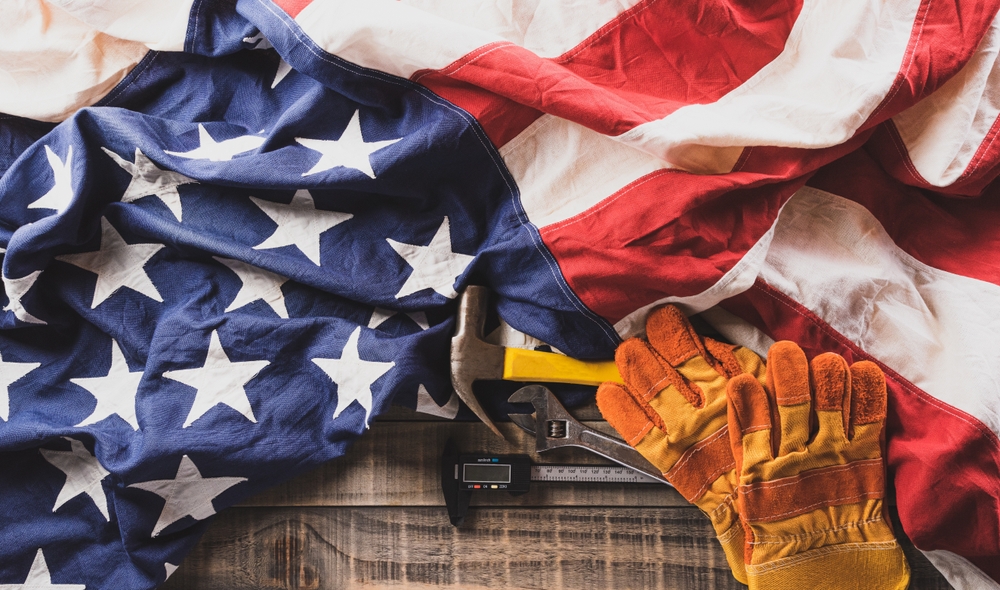Labor Day is often treated as a long weekend filled with cookouts, sales, and back-to-school prep. While those traditions exist, the holiday’s history runs much deeper. Many popular Labor Day myths have spread over time, leading people to overlook its true purpose. By uncovering these misconceptions, we can better appreciate the holiday’s lasting importance today.
Myth 1: Labor Day Marks the Official End of Summer

One of the most common myths surrounding Labor Day is that it ends summer. In truth, summer closes later with the autumn equinox. The holiday only became linked with summer’s end because schools restart, vacation spots quiet down, and seasonal businesses prepare to close. Its timing created the cultural impression that summer had officially finished.
Myth 2: The Holiday Was Created for Retail Sales

Many people believe the holiday began as a way to promote shopping, but that is a misconception. Labor Day started as a tribute to workers’ achievements and their role in shaping modern society. Retailers only later saw a chance to attract customers with sales events. Over time, this shifted public focus, but sales were never the original intent.
Myth 3: Labor Day Honors the Military
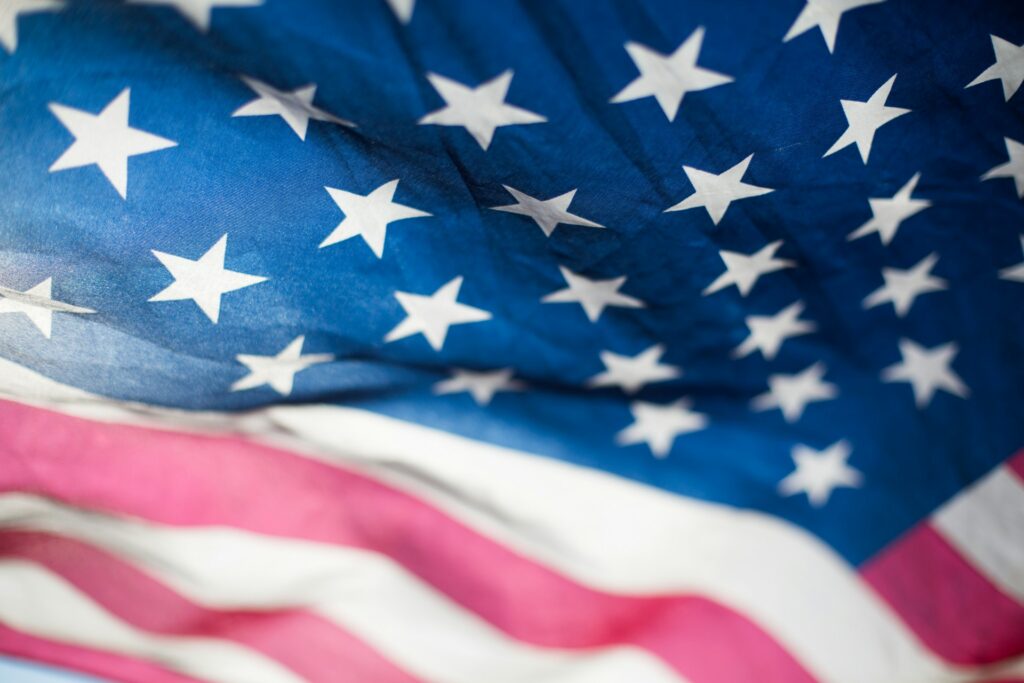
Another false belief about the holiday is that it was meant to honor soldiers and veterans. However, Labor Day celebrates civilian workers, not military service. Memorial Day and Veterans Day were designed for honoring the armed forces. By confusing the purpose, people overlook how Labor Day highlights workplace struggles, labor rights, and the dignity of ordinary workers.
Myth 4: It Was Always a Federal Holiday
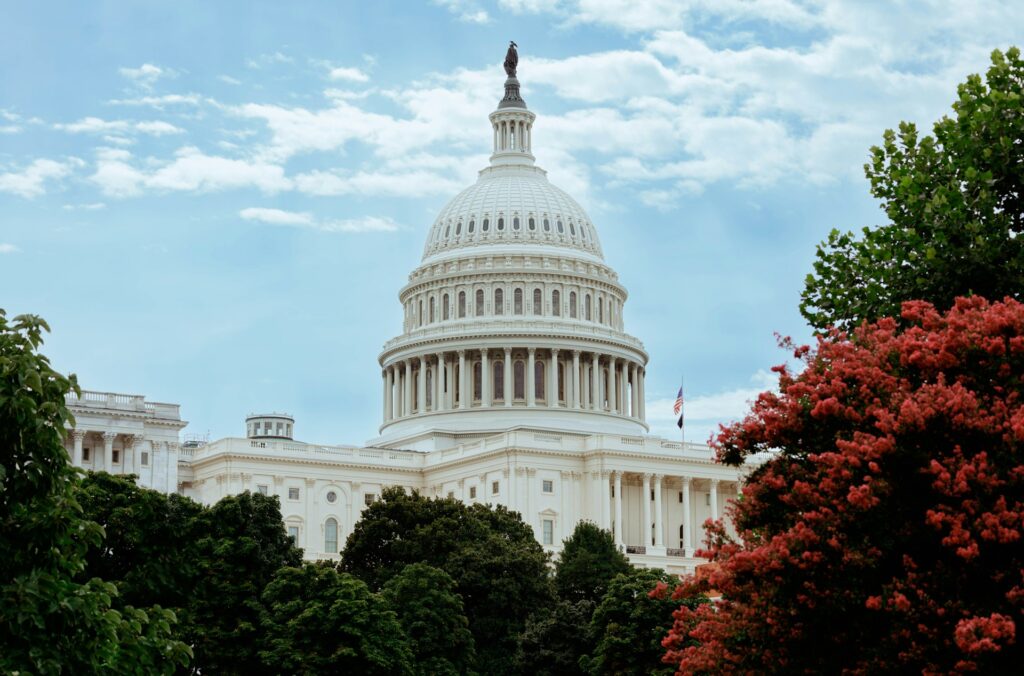
Some misconceptions about Labor Day suggest it was always nationally recognized. In fact, it began with local parades and marches in the early 1880s. States slowly adopted it before the federal government took action. Only in 1894 did Congress declare it an official holiday. This timeline shows that it grew from grassroots activism rather than top-down creation.
Myth 5: Everyone Gets a Day Off on Labor Day

A common Labor Day myth is that everyone enjoys the day off. The reality is different. Workers in retail, healthcare, restaurants, and emergency services often spend the holiday working longer shifts. For them, Labor Day can feel busier than usual. This fact highlights unequal treatment among workers and reminds us that labor protections remain uneven across industries.
Myth 6: Labor Day Was Started by the Government
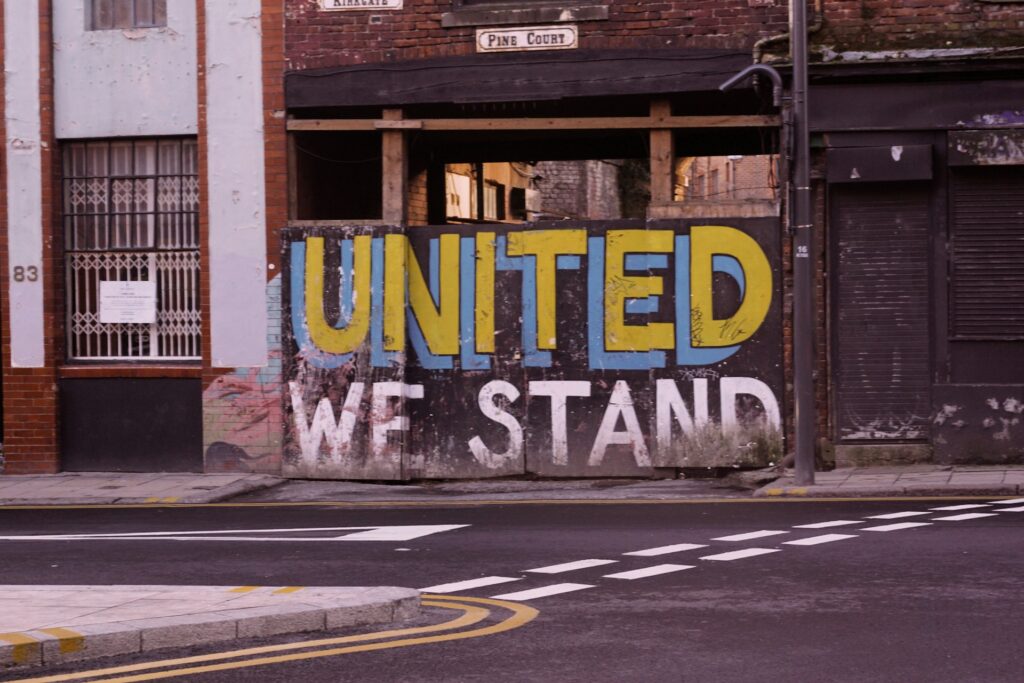
Some believe the government invented Labor Day, but that is not true. Unions and workers organized parades and rallies to demand better conditions. These events gave a voice to their struggles and gathered widespread attention. Only later did lawmakers step in to recognize the holiday officially. This shows how worker movements created change long before Congress acted.
Myth 7: Labor Day Only Matters in the United States

It is easy to assume that Labor Day is only an American celebration, but similar holidays exist worldwide. Many countries honor workers on International Workers’ Day, held each May 1. While the date differs, the message is nearly identical. These celebrations emphasize the global importance of labor rights and the recognition of hardworking individuals everywhere.
Myth 8: Wearing White After Labor Day Is Wrong
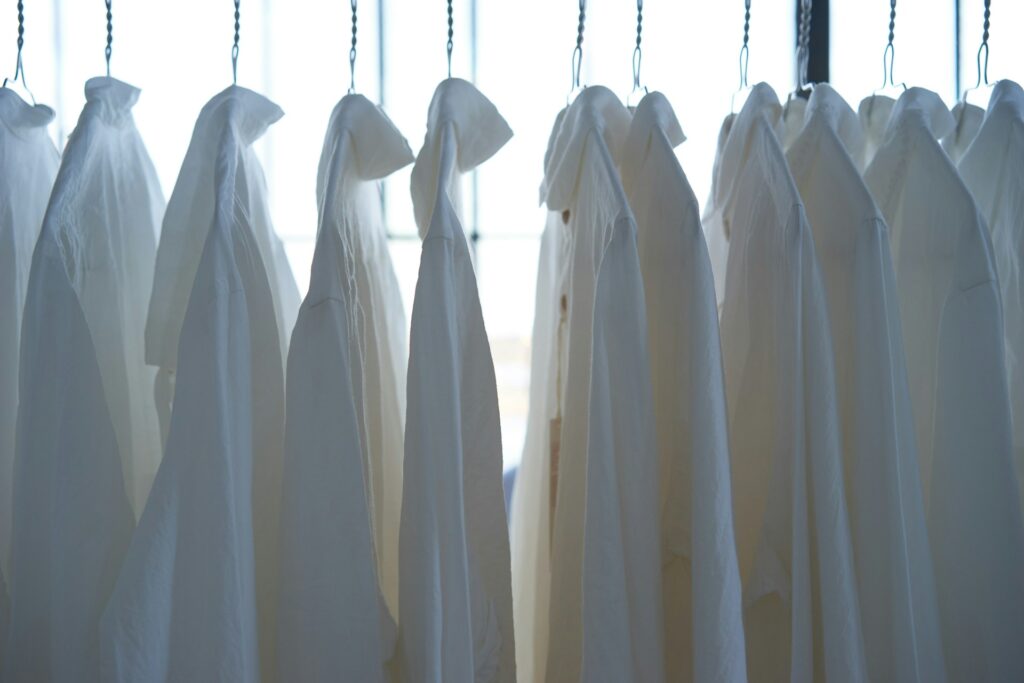
The rule about avoiding white clothing after Labor Day is one of the strangest myths. It originated among wealthy social groups in the late 1800s as a way to mark fashion status. Today, style choices are more flexible. People wear white clothing in every season without judgment. Fashion is now about personal preference, not outdated traditions.
Myth 9: Labor Day Was Created to End a Strike
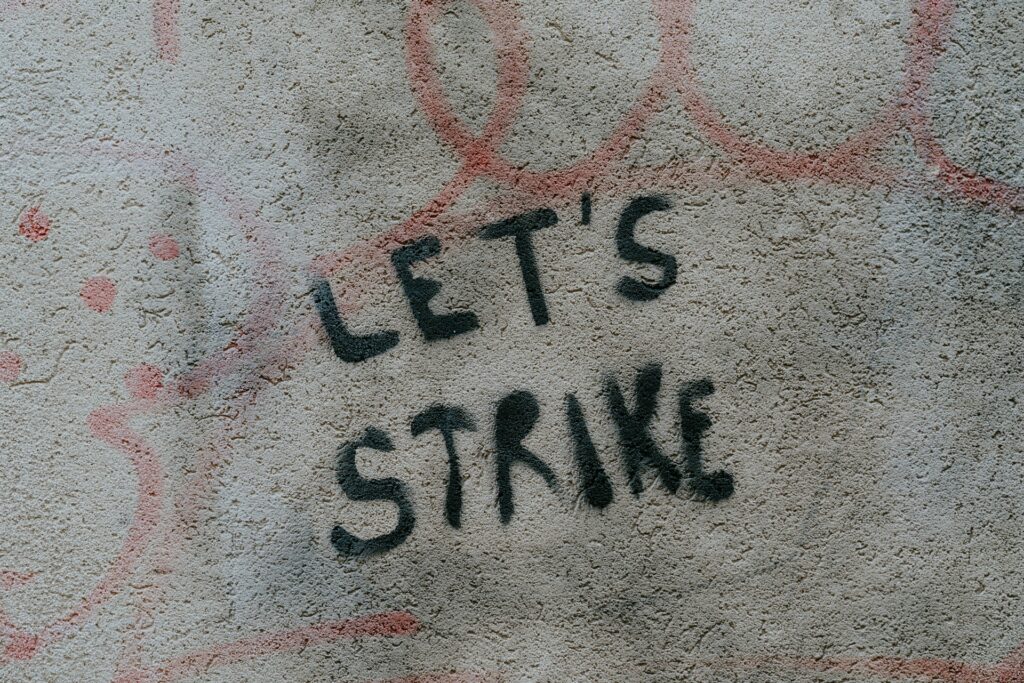
Many believe the holiday was invented solely to calm unrest after one major strike. While the Pullman Strike in 1894 influenced Congress, the holiday already existed in practice. Worker parades in the 1880s were clear signs of its growing importance. This shows that Labor Day was not born overnight but instead grew from years of activism.
Myth 10: Labor Day Is Only About the Past
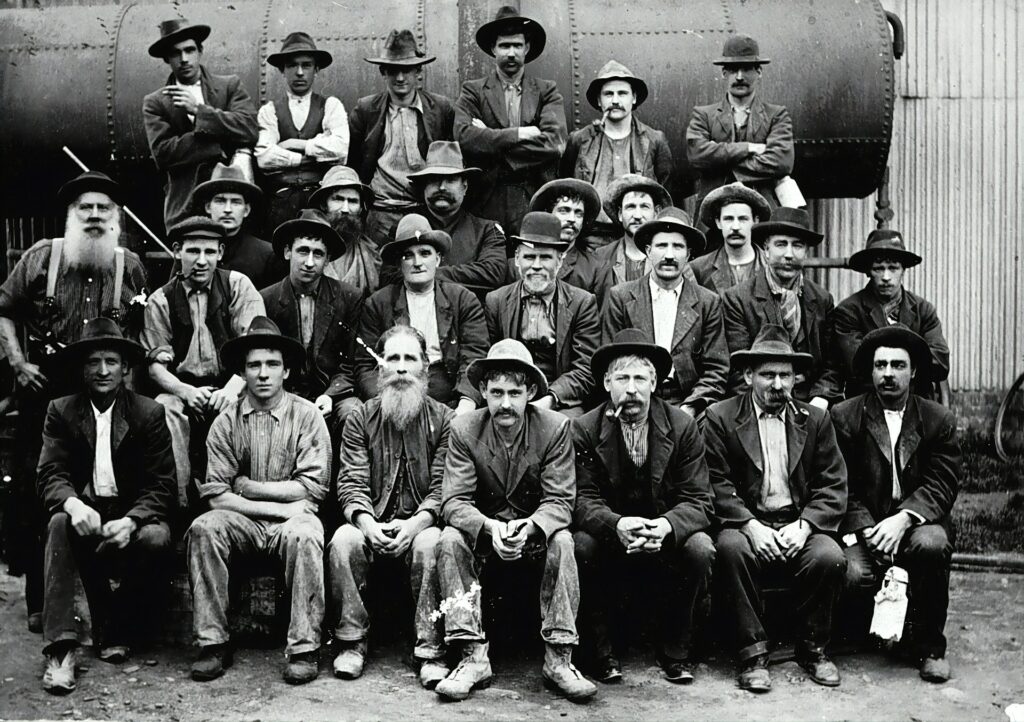
Some assume Labor Day is only about history, but that is a narrow view. Modern issues like workplace safety, equal pay, and fair treatment remain connected to its meaning. The holiday reminds us that workers still drive the economy today. It serves as both a tribute to the past and a call to protect rights for the future.
Conclusion
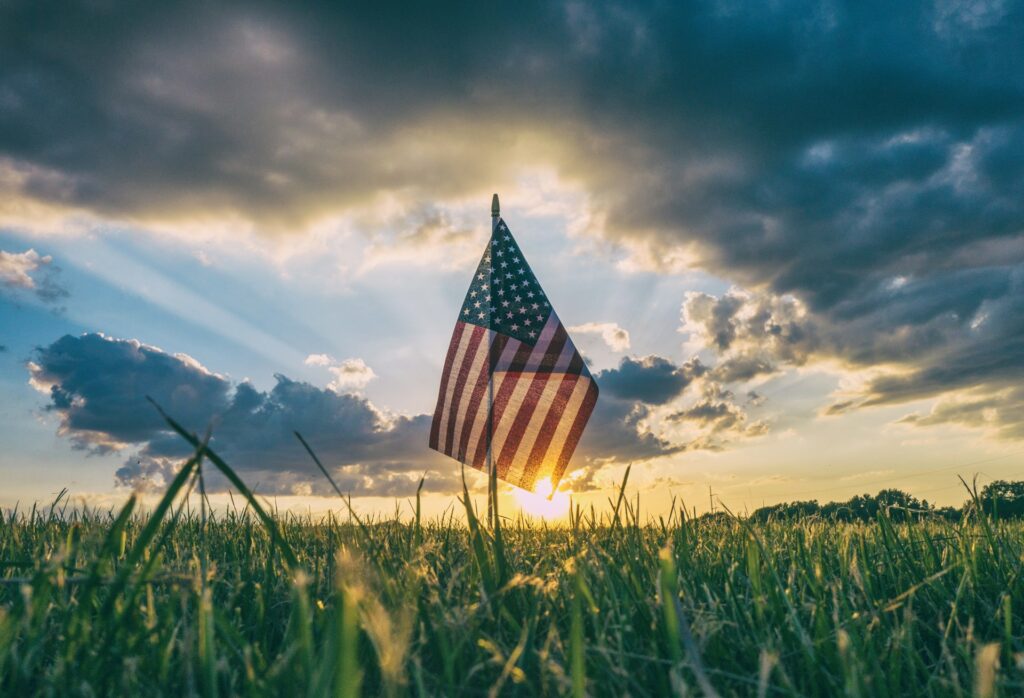
Labor Day is more than a shopping weekend or the unofficial end of summer. It honors the sacrifices, victories, and contributions of workers. By exposing common Labor Day myths and false beliefs, we recognize why it continues to matter today. Whether you spend the day resting, working, or celebrating, remembering its purpose helps keep its spirit alive.
Disclaimer: This article was created with AI assistance and edited by a human for accuracy and clarity.
